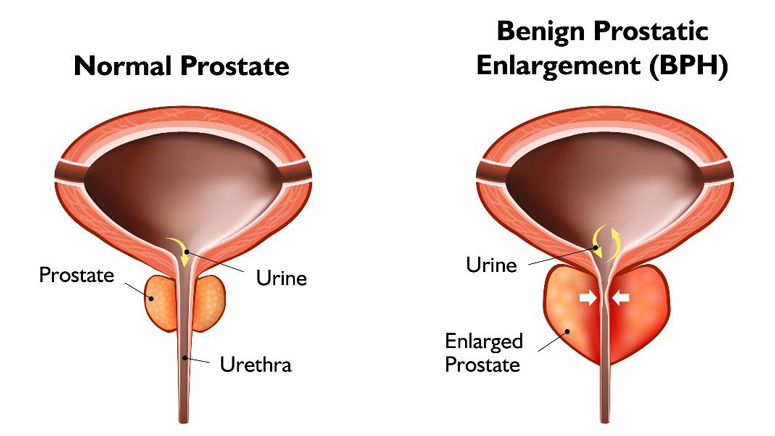What Is Benign Prostatic Hyperplasia?

The prostate is the male reproductive organ and is very important and sensitive. The prostate resides directly below the bladder and in front of the rectum. The primary job of the prostate is to provide fluid for the semen, which is very important for reproduction to take place, this is why it is very important to pay attention to any irregularities of the prostate or its surrounding organs.
Benign prostatic hyperplasia (BPH) [1] is also known as prostate gland enlargement or benign prostatic hypertrophy and it is one of the major problems that plague the prostate. It occurs when a man’s prostate gland becomes bigger, blocking the bladder from working conveniently. It is characterized by the proliferation and rapid growth of the prostate cells, causing the prostate gland to become enlarged than its normal size.
This is a common condition that affects men as they grow older and advance in age. Although benign prostatic hyperplasia can become an extremely difficult condition and may ruin the bladder’s control of its activities, it is not the most common cause for cancer and is recognized as a treatable, curable condition by medical experts. It is a common condition with men who are 50 years and above.













